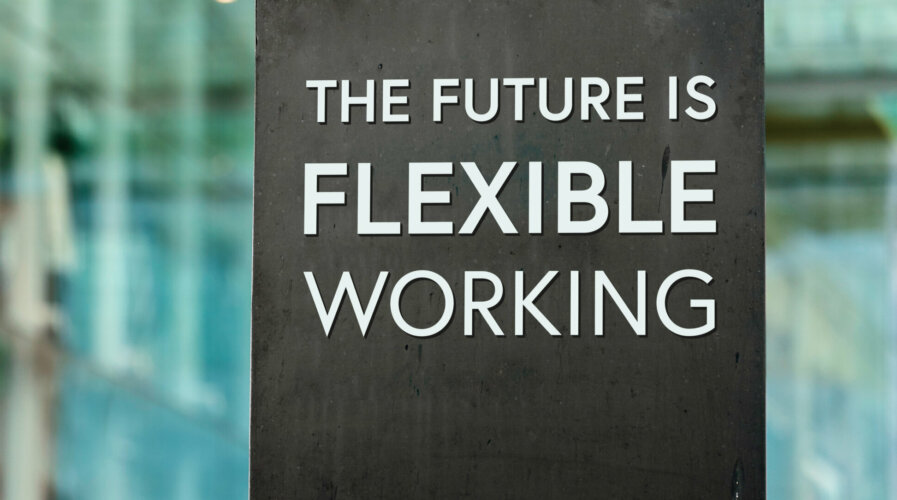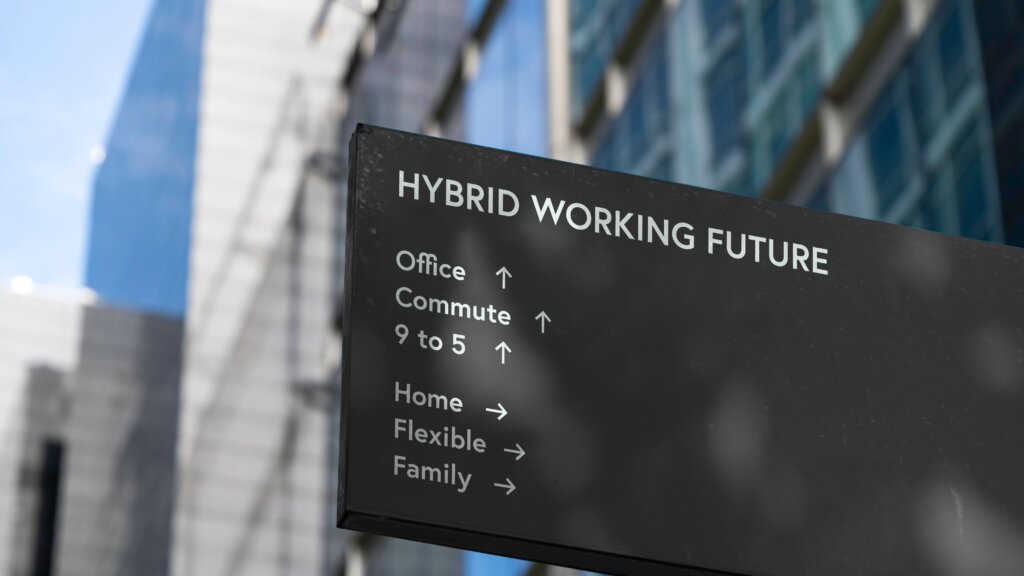
(Source – Shutterstock)
HubSpot: Employees prefer flexible working hours
A new study shows that employees now prefer to have more flexible working hours in the office instead of opting for remote or hybrid work. Since the COVID-19 pandemic, working habits and practices have evolved into various formats, depending on which industry one works in.
While remote working was initially practiced, when the pandemic situation improved, more companies started requesting their employees to return to the office to work. Despite remote working clearly showing an increase in productivity, most businesses felt that having employees back in the office was needed, not only to monitor their work but also to ensure security was not compromised.
But with employees still preferring remote work, companies began offering hybrid working schedules to them. For many, hybrid work may not be ideal as working remotely, but it still allowed them to manage their schedules and get work done. Some were also getting tired of continuously working at home and missed communicating with their colleagues at work.
While there have been innovations in workplace communication tools, there has also been an increase in fatigue from the use of all the technology. For example, remote and hybrid working employees begin suffering from burnout due to Zoom fatigue and such. In fact, HubSpot’s Hybrid Work Report stated that 75% of Singaporeans said that too many calls and meetings are disrupting their concentration at work.
Interestingly, the HubSpot study also stated that 95% of workers with hybrid and flexible work in Singapore prefer to be in the office, as it allows them to connect and communicate efficiently. Out of that figure, 71% of Singaporeans would also like to have flexible working hours as they believe it can boost their productivity.
Here’s the problem. How would a company define flexible working hours? For most companies, they would expect an employee to complete at least eight hours of work a day. This would mean starting work in the morning with other team members and ending at the same time. Flexible working hours would mean an employee would eventually just be working at the time of their preference.

(Source – Shutterstock)
How flexible can working hours be?
While they may feel it enables them to work better, the reality is, flexible working hours could also lead to unfair distribution of work, especially with employees that work normal hours. 59% of remote workers also report that a lack of in-person time with their boss has impacted their career development. Nevertheless, the future of work continues to evolve, and flexible hours are now a preferred working option for employees.
Understanding this is crucial for employers. The report clearly indicates that the employee experience positively impacts the customer experience. Those who feel strongly connected to their company’s culture are more likely to build connections with their customers.
“We believe the companies who will win in the future are the ones that focus on customer connection, not customer management. That means you need more than data, you need context. You need more than leads, you need connection. You need more than contacts, you need community,” commented Yamini Rangan CEO, of HubSpot.
Apart from flexible working hours, HubSpot’s report also showed that email still remains the preferred workplace communication tool. Companies continue to invest in workplace communication tools for employees to better manage their workloads. Yet, findings from the study clearly indicate that email will remain the essential workplace communication method. Employees are also increasingly opting for in-person meetings, showing a desire for more connection in a hybrid world.
When it comes to employee retention, the report showed that 58% of Singaporeans feel that the connection with their company’s mission or purpose will impact their intent to stay. At the same time, despite 54% of workers reporting they are likely to leave their roles in 2023, more than 34% cite relationships with colleagues as a motivating factor to stay. 71% of those who also report having a close friend at work say that it impacts their intent to stay at a company.
As such, with remote work no longer a possibility for most organizations, keeping employees satisfied through flexible working hours could just enable the company to not just enhance its productivity, but also avoid losing employees to other companies that offer such benefits.
READ MORE
- Ethical AI: The renewed importance of safeguarding data and customer privacy in Generative AI applications
- How Japan balances AI-driven opportunities with cybersecurity needs
- Deploying SASE: Benchmarking your approach
- Insurance everywhere all at once: the digital transformation of the APAC insurance industry
- Google parent Alphabet eyes HubSpot: A potential acquisition shaping the future of CRM


